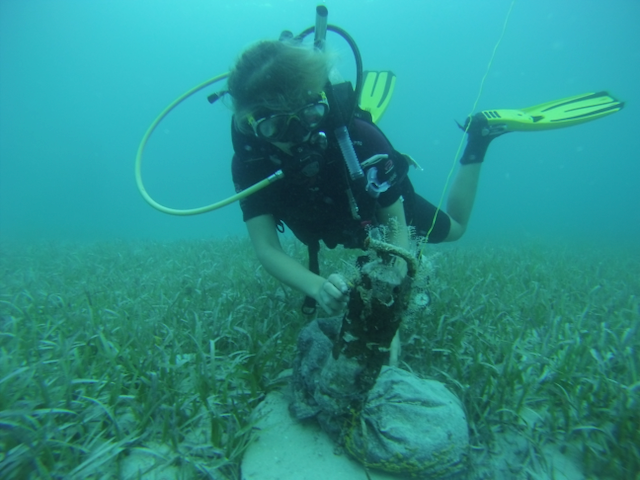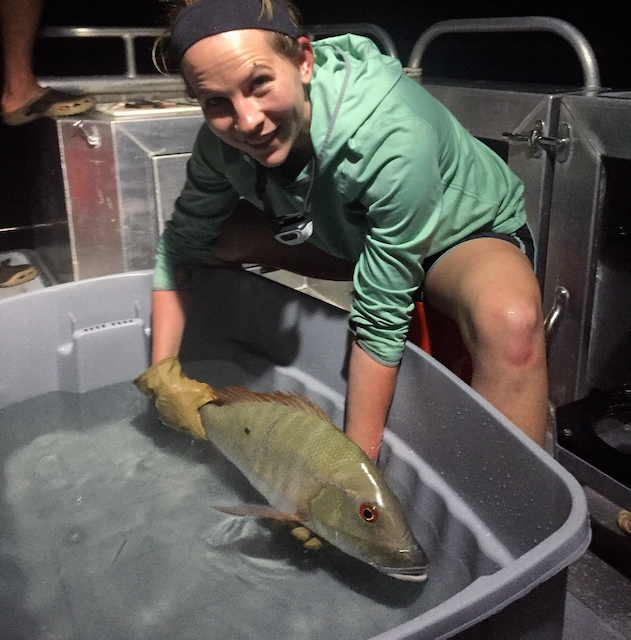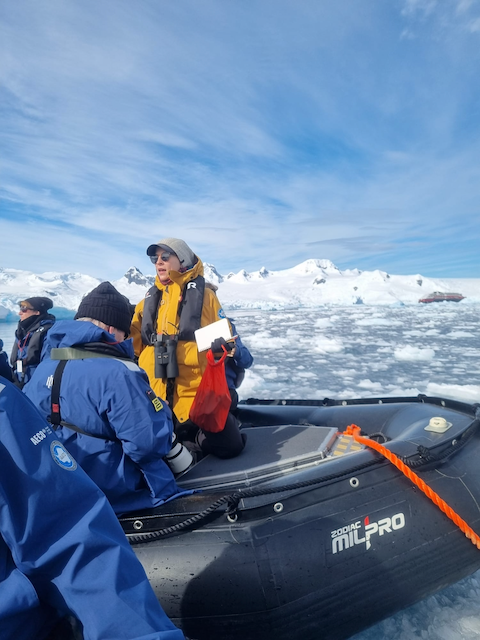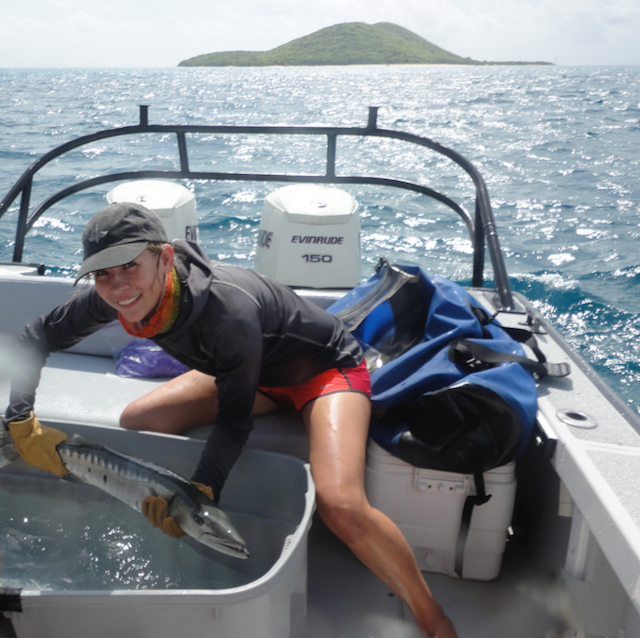Sarah is a PhD Candidate in the University of Colorado Boulder Department of Environmental Studies. Her research uses telemetry, remote sensing, and observational survey data to examine mobile marine predator movement and habitat use. Her work also leverages demographic and population monitoring data to link spatial dynamics to population trajectories and to identify conservation management priorities. She is particularly interested in working to manage the impact of fisheries and climate change on threatened species. Sarah’s dissertation research focuses on identifying important at-sea foraging areas for seabirds and pinnipeds in the Southern Ocean, examining oceanographic drivers of suitable foraging habitat, and modeling management scenarios to mitigate bycatch of albatross in fisheries operating within foraging habitat of these species. She has worked previously on many other taxa and ecosystems, from cod and bluefin tuna in the Gulf of Maine to sharks, sea turtles, and reef fish in the U.S. Virgin Islands, Puerto Rico, and the Pacific.
In additional to publishing in peer-reviewed journals, Sarah engages directly with managers and decision makers. She has worked with the International Commission for the Conservation of Atlantic Tunas to incorporate climate data into indices of bluefin tuna abundance, and the Agreement for the Conservation of Albatrosses and Petrels (ACAP) to understand the impacts of climate change and fishing on black-browed and wandering albatross. She has collaborated with NGOs such as IUCN, Birdlife International, Pew Charitable Trust, and Conservation International alongside collaborators from numerous academic institutions to identity Key Biodiversity Areas for seabirds and seals in the Southern Ocean, and engaged with the Scientific Committee for Antarctic Research and to bring these sites into marine protected area planning discussions, including inclusion of one of these sites in a marine protected area proposal.












